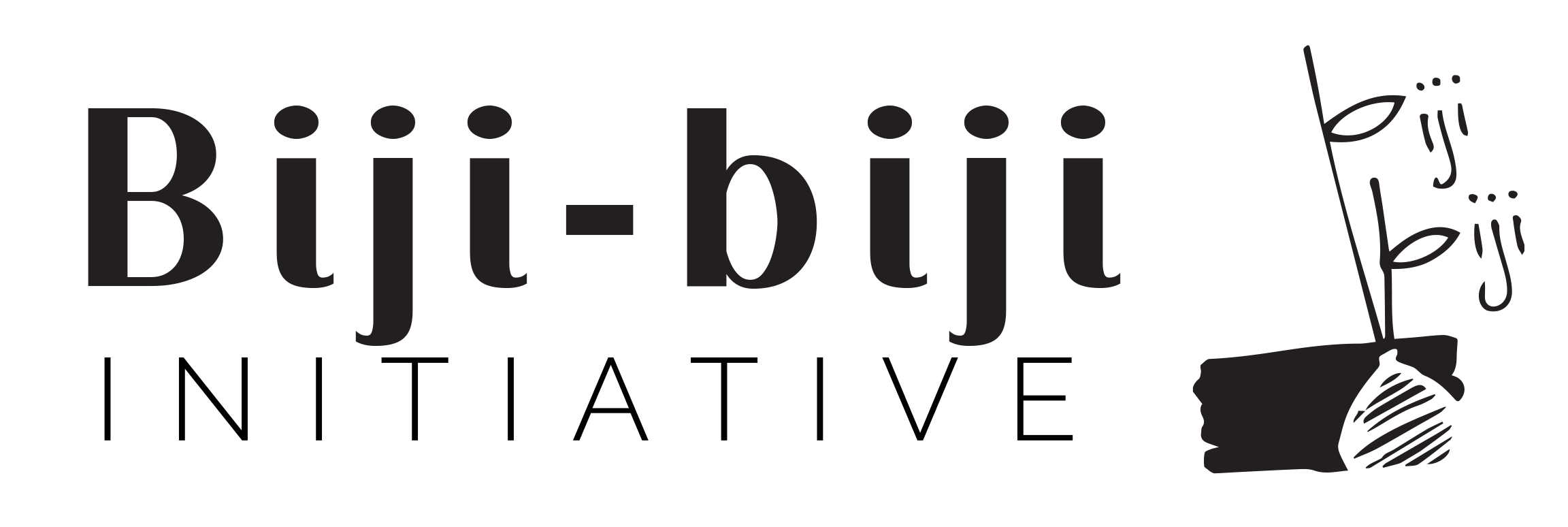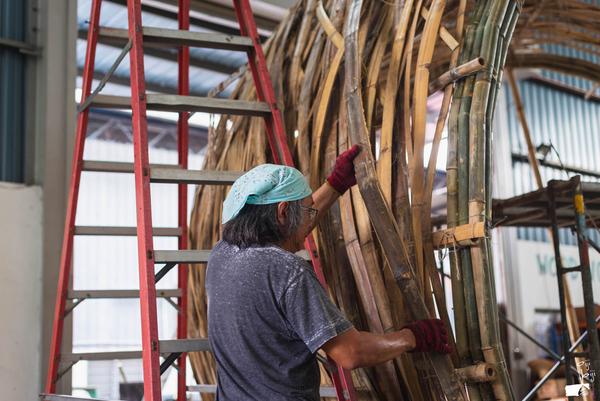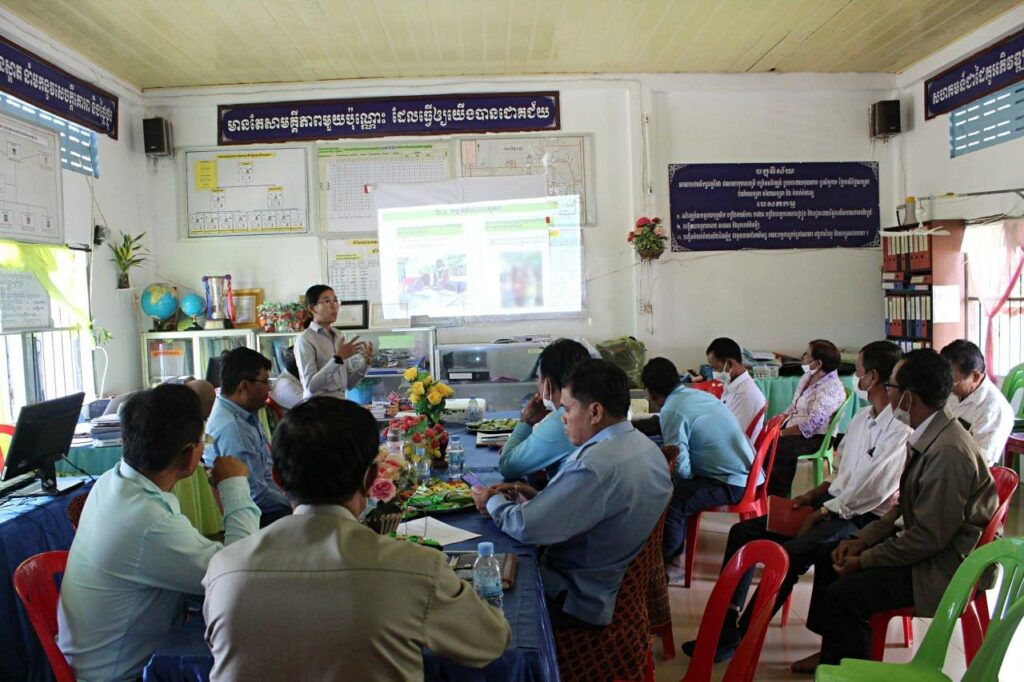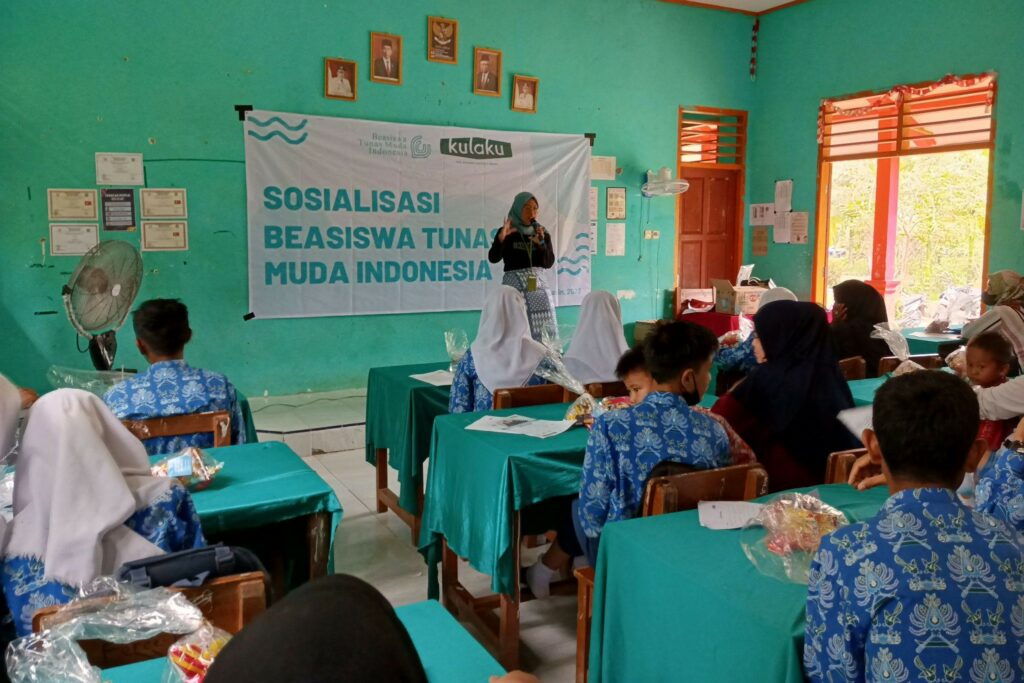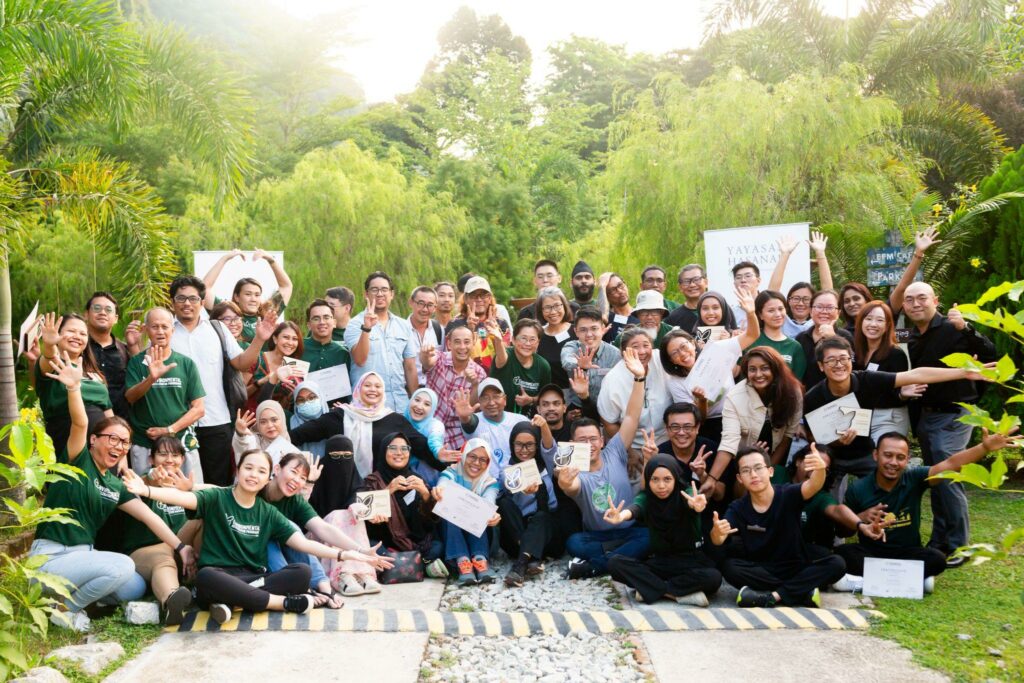By: Ruthravathy Tenaigaran
It is the fastest growing plant ever, symbol of consistency in various cultures across the world with incredibly unique properties. Bamboo is usually discerned as a plant that lacks strength, but in actuality it is much stronger than steel. This renewable plant offers sustainable source of energy which is used to produce eco-friendly goods such as musical instruments, clothes, furniture, bicycles and so on!
“The Bamboo Project by Biji-Biji Initiative aims to showcase the potential of bamboo as an architectural material,” said William Koong, the Creative director of Biji-biji.
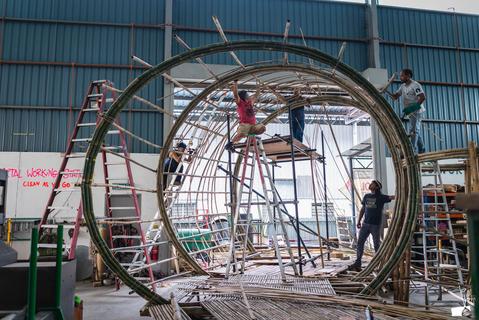
Our team members, constructing circular body of the bamboo artefact.
99% of the art installation is made of locally harvested bamboo from Pontian, Johor, bounded by jute rope and bamboo pegs.
“In this technological era, we already came to the stage of environmental crisis. That being so, bamboo is one of the most sustainable material we have on this planet,” said Alvin Tan, an invited artist from Johor that has been collaborating with Biji-biji in this project.
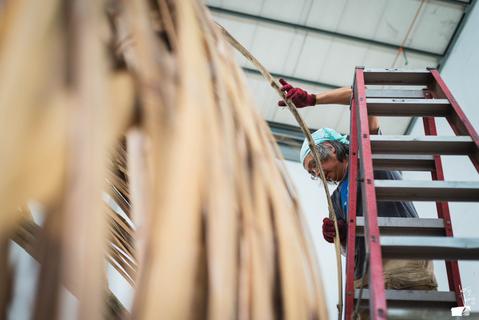
Alvin Tan, arranging bamboo pieces precisely.
“Bamboo is a primitive material for construction. Some resources can come and go and never come back, but, we have capacity to harvest bamboo easily without damaging the environment. It is recyclable, the value is versatile with strong mobility,” he added.
This project also involves the Penan community who are traditionally expert weavers. In a way, it helps the community to showcase their skills and technique, as an introduction of their culture in West Malaysia.
Aside from showcasing the wonders of bamboo, this project is a hope to educate the society, especially in the creative and manufacturing sector of the industry – that bamboo is a very economical material, inexpensive and not difficult to work with.
“If we treat the bamboo properly, it can last for hundreds of years,” said Alvin.
